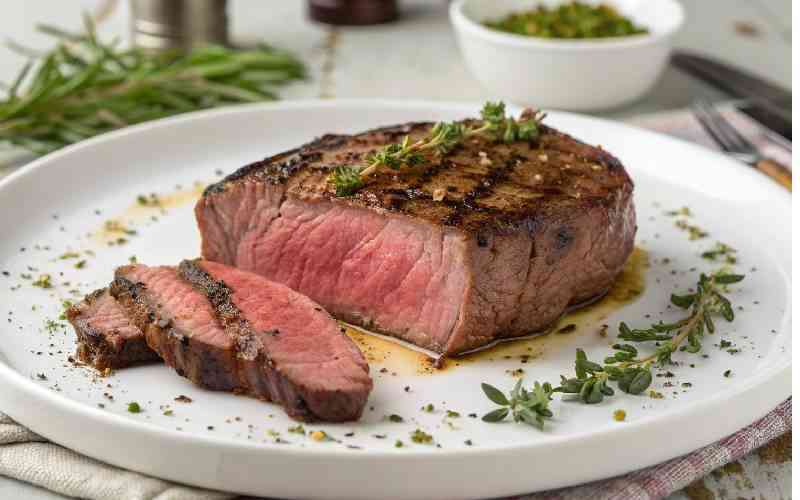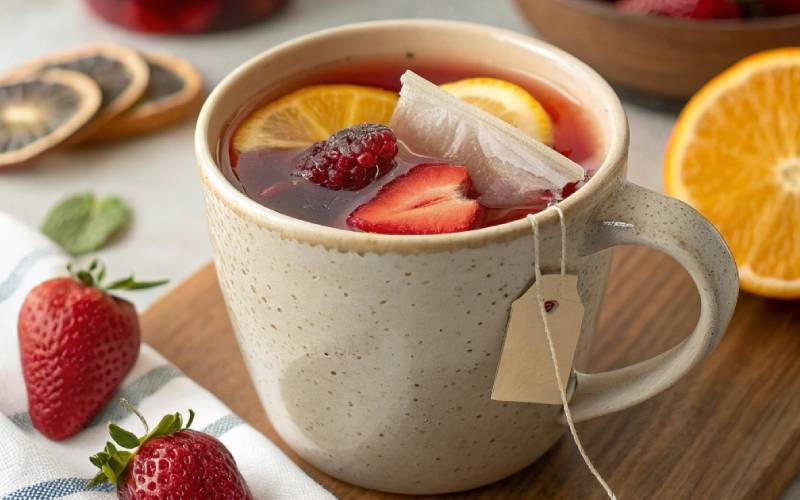
For decades, the only salt you could find on shelves was normal table salt.
This, however, is changing with the introduction of other salts like Himalayan, kosher, and sea salts which claim to be premium, healthier, tastier and more natural than table salt.
But are they really the better alternatives?
Normal table salt

Salt, regardless of its origin, is a mineral primarily composed of sodium chloride.
Normal table salt is mainly mined from underground salt deposits followed by heavy processing to remove impurities and minerals, and to fortify it with iodine. Normal table salt is composed of about 97 to 99 per cent sodium chloride.
The main reason why these other salts have gained popularity is because they are marketed as being low in sodium and more nutrient dense. Are the claims true?
Pink Himalayan salt

Although the pink Himalayan salt is mined from salt rocks found near the foot hills of the Himalayas, it is chemically similar to the common salt, with a sodium chloride content of 98 per cent.
The remaining two per cent is made up of several trace minerals. The content of the trace minerals is too little to provide any significant additional health benefit.
Since Himalayan salt has larger crystals than the normal table salt, you get less salt per teaspoon.
It is also tastier meaning small quantities can be used to achieve same taste compared to common salt.
Black salt

It is also known as kala namak or black Himalayan salt. It is a volcanic salt that contains sodium chloride like other salts but with additional trace amounts of sulfur compounds which gives it the pungent smell and tangy taste.
A lot of black salt today is made synthetically by mixing sodium chloride with sulfur compounds and charcoal.
Sea salt

It comes from evaporation of ocean water or water from salty water lakes with little or no additional processing.
This leaves behind trace elements and minerals that add to its flavour and colour. It has a coarser texture and naturally contains iodine though in minimal amounts.
Just like common salt, it contains approximately 98 per cent sodium chloride. Leaving only two per cent of trace elements and minerals which makes them unlikely to provide any substantial benefits.
Since there is little or no processing, it may contain impurities, including trace amounts of heavy metals and micro-plastics.
Kosher salt

Kosher is a term used to describe foods that conform with dietary guidelines established by traditional Jewish law. Salt is used to ‘kosher’ meat by helping drain blood off the meat.
This is where kosher salt coined its name. There really is no chemical difference between kosher and table salt. The only difference is that they tend to have larger grains and are not iodised.
Absence of iodine gives them a cleaner taste.
Salt is salt! It doesn’t matter how expensive it is or whether it comes from the seven seas, Lake Magadi or the Himalayas.
Choosing one type of salt over the other is therefore unlikely to have any substantial health benefits.
The main benefit of choosing other salts that are less processed would be to avoid additives and anti-caking compounds, which are harmless.
- Faith Biongo, a registered nutritionist with Afya Bora
 The Standard Group Plc is a multi-media organization with investments in media
platforms spanning newspaper print
operations, television, radio broadcasting, digital and online services. The
Standard Group is recognized as a
leading multi-media house in Kenya with a key influence in matters of national
and international interest.
The Standard Group Plc is a multi-media organization with investments in media
platforms spanning newspaper print
operations, television, radio broadcasting, digital and online services. The
Standard Group is recognized as a
leading multi-media house in Kenya with a key influence in matters of national
and international interest.





